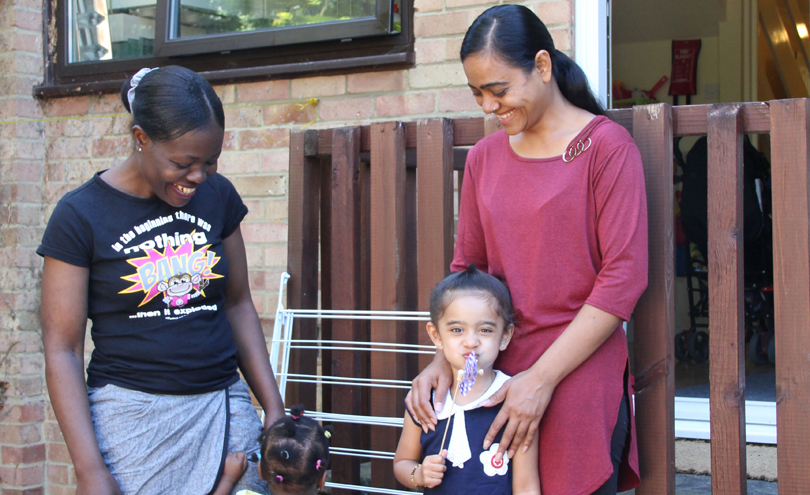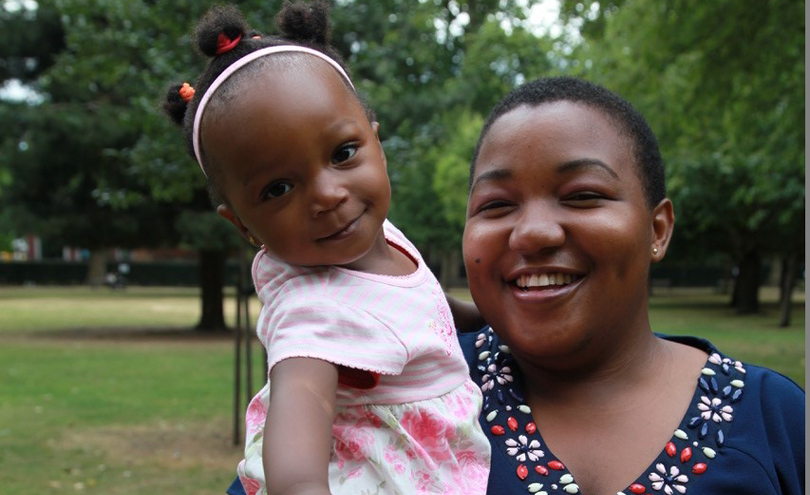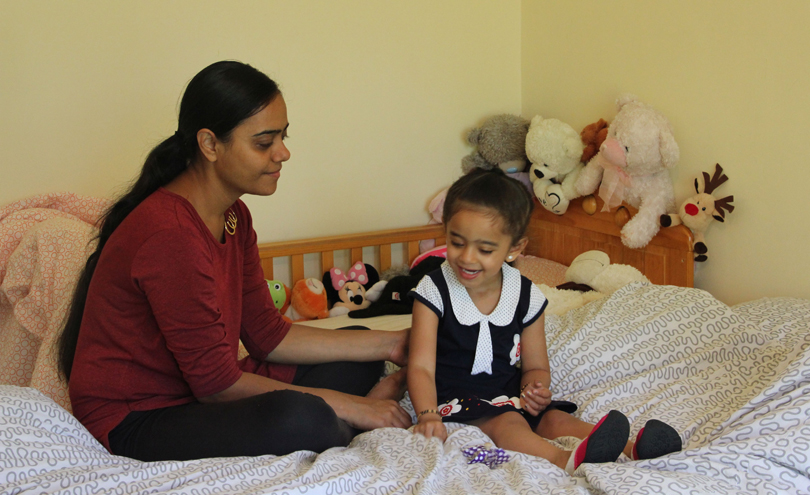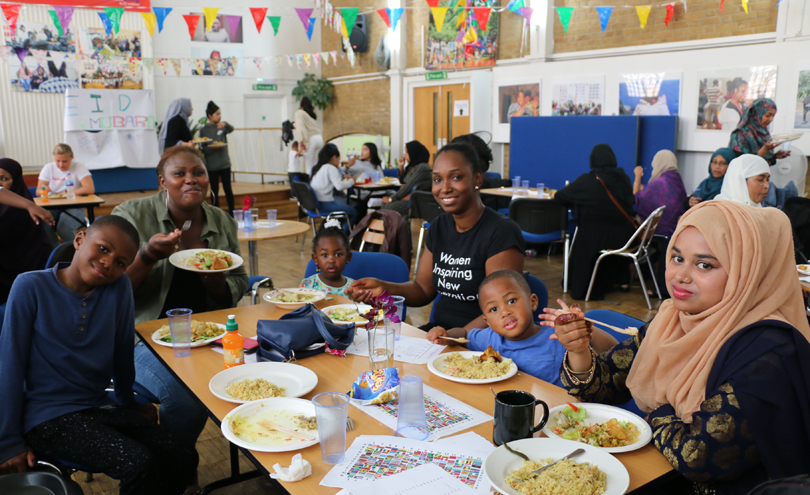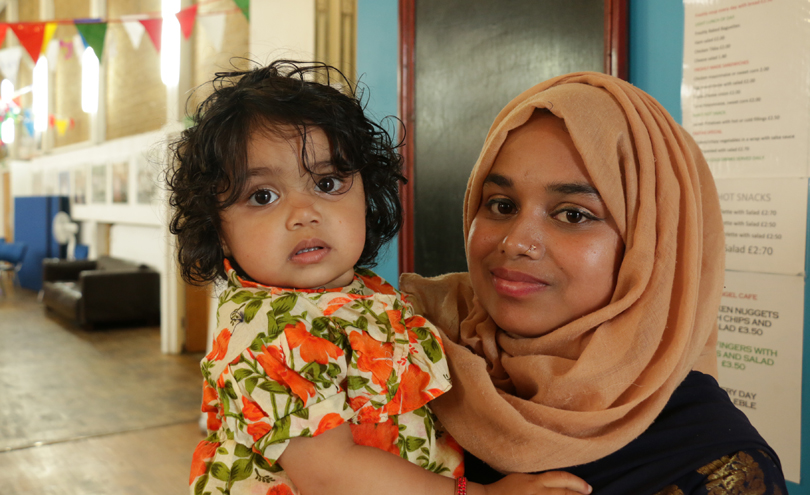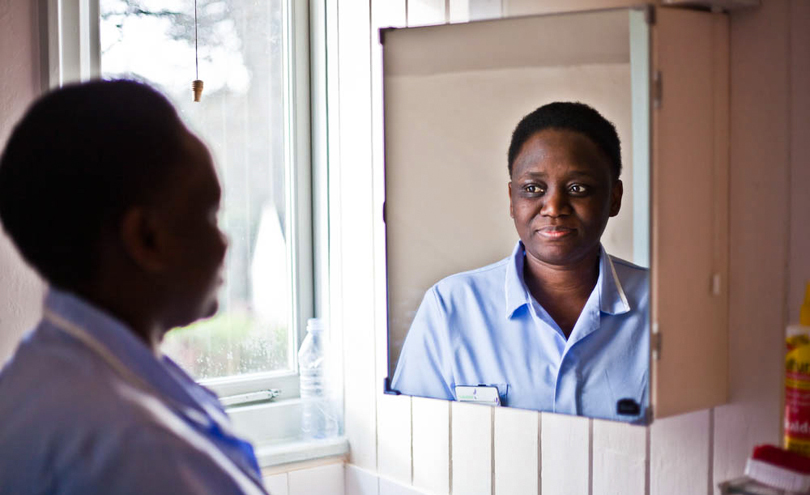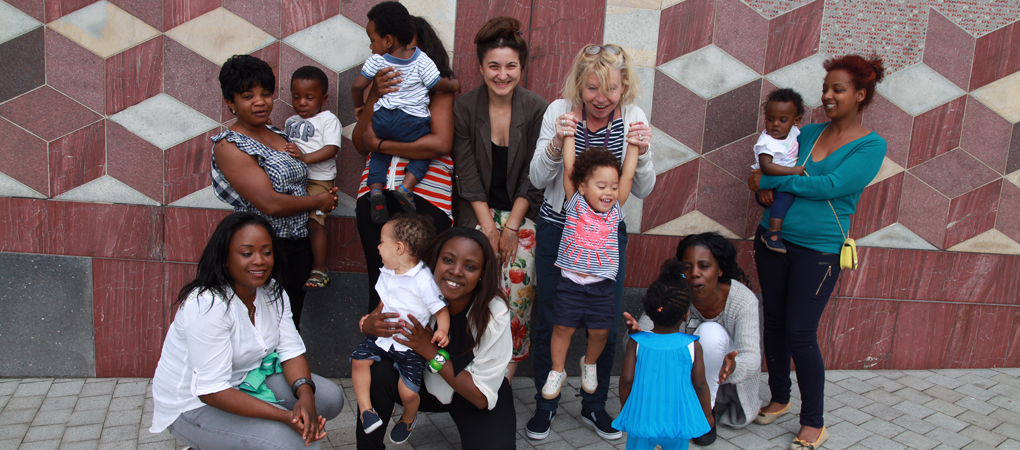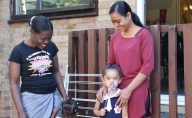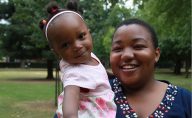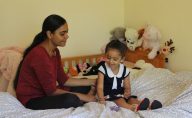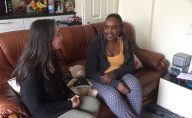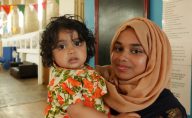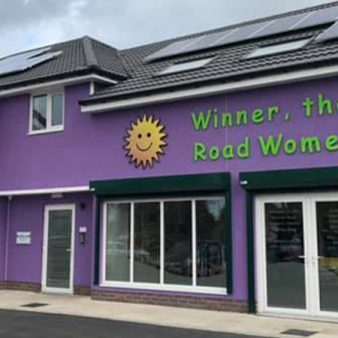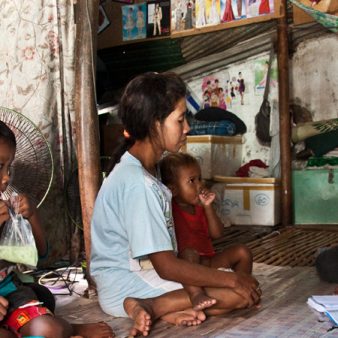The world is in the grip of a refugee crisis. Millions of people have fled conflict or persecution in their homelands in the hope of finding safety abroad. In the year ending June 2018, Britain received 27,044 asylum applications – less than 4 per cent of all asylum claims made in the EU during that time – according to the Refugee Council. The process of seeking asylum can be slow, complex and daunting. Until an initial decision is made on their case, most applicants are stuck in limbo, unable to work or access financial support.
In a growing number of cases, migrant families with children are permitted to remain in the UK on the condition they have ‘no recourse to public funds’ (NRPF). This means they cannot access mainstream housing provision, welfare or employment benefits. Such restrictions on access to public funds are the single largest cause of migrant destitution in the UK, leaving vulnerable people at risk of exploitation and homelessness.
Since 2015, a housing project in London has been providing a safe place for migrant families and single women to live who have no access to public funds. The project is run by Praxis, a human rights organisation, in partnership with Commonweal Housing, a small charity which funds the testing of innovative models of housing provision.
The project operates in the London boroughs of Croydon and Redbridge, where migrants live in eight shared houses. In addition to free accommodation, residents are given support and immigration advice.
How it works
The project provides housing for people in need using social investment as an alternative to the traditional charitable model. Commonweal Housing secured £2.3 million (USD$3 million) from four investors to buy and refurbish seven properties. A further property was provided by a private landlord.
These eight houses are leased to Praxis at well below market rates – approximately £76,000 (USD$99,000) per year, which equates to a 2.5 – 3.5 per cent annual return for the investors.
Local authorities have a duty to house NRPF migrant families with children. This usually takes the form of bed and breakfast accommodation, which can be located outside the local authority area and is often inadequate for a family’s needs.
Praxis provides more suitable accommodation for these families and uses the income it receives from local authorities to pay the rent on the eight properties. It also uses this income to fund the spaces for single migrant women.
There are 18 bed spaces for families and seven for single women across the eight properties. All houses have private bedrooms and shared bathrooms, communal living spaces, a kitchen and laundry, and a garden.
Monthly health and safety checks take place in the homes and any equipment for children – such as bassinets, cots and prams – is provided. Residents can also call a 24-hour emergency number.
Migrant families referred to Praxis by local authorities are usually women with children. These referrals are assessed carefully, to ensure their needs can be met. Most referrals for single women come from other Praxis services or partner agencies.
Referrals are prioritised in terms of need, suitability and accommodation availability. For single women, internal referrals from advice services or by the Red Cross are prioritised. A woman is prioritised if she does not have any other housing option, such as asylum or hosting accommodation, and would otherwise be homeless.
Length of stay depends on residents’ individual circumstances and the complexity of their immigration case. On average, families stay for nine months, however the duration has ranged from three weeks to more than three years.
Residents move out of the accommodation under two circumstances: when they have secure immigration status and can access mainstream housing and homelessness provision; or when they become eligible for accommodation provided by the Home Office.
The annual running cost of the project is just under £250,000 (USD$327,000). This covers the leasing of the properties and the provision of services, including a percentage of staff salaries and the cost of activities provided by Praxis.
Impact
Since April 2015, the NRPF project has housed 106 people – 45 women (12 single), one man and 60 children. Most of the people helped by Praxis have experienced violence and extreme poverty. Many are victims of trafficking or are seeking immigration on human rights grounds.
The project supports these individuals towards more settled lives, helping them to access other services, such as mother and baby groups or English classes, which they can continue attending after they leave the NRPF housing project. This support has a positive impact on residents’ confidence and mental health.
The project has helped to resolve the immigration status of 60 people, who have moved on to sustainable accommodation. Praxis helps these individuals access benefits and legal advice, make homelessness applications, and attend interviews where necessary. The organisation can also help them apply for grants to buy basic furniture and household items.
In addition to the clear advantages for residents, the project also has financial benefits for local authorities. This is because additional support services provided by Praxis help to resolve immigration cases faster, reducing the average length of stay from 887 to 270 days, according to analysis by the NRPF Forum. This can result in significant savings for local authorities, which pay a nightly rate for NRPF accommodation.
The future
The project’s innovative finance model has so far been a success. Changes in the housing market and uncertainty around Brexit, however, may impact on future returns for investors, making the model less attractive for further expansion. New government regulations relating to houses in multiple occupation (HMO) may also impact on the number and type of referrals Praxis can accept per property.
These two issues aside, the demand for NRPF housing remains. The number of local authorities referring to Praxis has risen from two to seven and the organisation is currently assessing potential demand from other boroughs. Commonweal has offered a further three houses in North London and Praxis is considering this offer considering the new HMO regulations.
The initial seven-year lease agreements on the homes in Croyden and Redbridge expire in 2022. At this point, the social investors can either choose to continue with their investment or sell the properties. In this case, Praxis will have priority to purchase the houses and will explore investment opportunities with other partners in order to maintain the existing NRPF housing model.
Until then, the project is bridging an important gap in the provision of housing for some of the most vulnerable people in the UK, many of whom have risked their lives and endured extreme hardship just to find a safe place to call home.
View the full project summary here – available in English only
